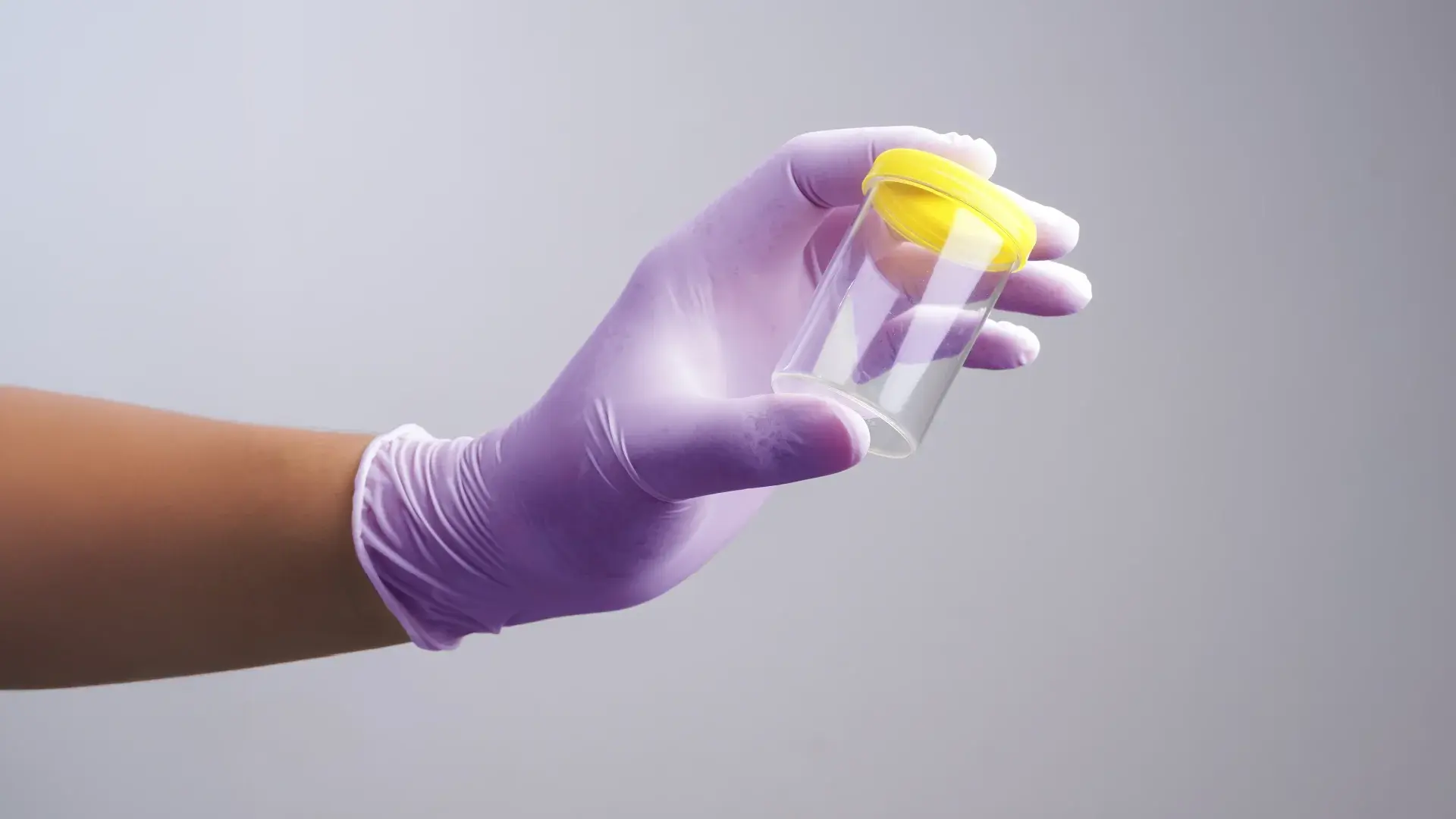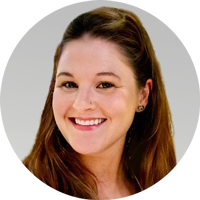Improper billing practices and schemes related to urine drug screens (UDS) are common, requiring investigative resources to detect potential fraud, waste, and abuse (FWA). Though the Centers for Medicare & Medicaid Services (CMS) regulates human lab samples through strict guidelines outlined in the required Clinical Laboratory Improvements Amendments (CLIA) certification, some laboratories and testing facilities may lack up-to-date certifications, posing a risk to members and payers alike.
As demonstrated in one recent investigation conducted by Cotiviti’s special investigations unit (SIU), with meticulous medical review and data mining, health plans can safeguard member care and help reduce improper billing.
Random sampling of medical records reveals systematic discrepancies
The investigation began when a nurse practitioner (NP) affiliated with an internal medicine practice specializing in addiction and substance abuse disorders was flagged for excessive billing of UDS. Through a statistically valid random sampling of medical records utilizing CPT code 80307 and HCPCS code G0481, data showed that the NP had been billing for both presumptive and definitive UDS on the same date of service—a practice that violates standard procedural norms.
Additional investigation revealed that the practitioner was associated with a practice whose physician owner had their license suspended for public health code violations in 2022. The investigation also uncovered the use of place of service code 81, indicating independent laboratory testing, which did not align with the NP’s role or certified capabilities.
Cotiviti’s SIU employed a multi-pronged approach to determine the prevalence of FWA. Searching for the required CLIA certification revealed that the NP and practice were not authorized for lab testing, with advanced data analysis uncovering the NP as the second-highest paid provider for UDS codes, surpassing even major commercial labs. Additional red flags included claims submitted with the NP as both the rendering provider and patient and an “impossible day” scenario wherein claims were submitted for as many as 66 unique patients on the same date of service.
By applying a multi-faceted review to confirm discrepancies and improper billing practices, we identified more than $1.1 million in overpayments made to the provider while the client placed the practice on prepay review to mitigate future inappropriate billing.
Key takeaways for health plans
Recent trends in UDS billing represent an area of concern for potential FWA. Health plans can mitigate the risk of paying inappropriate claims through a multi-faceted approach using these best practices:
- Ensure a valid CLIA certificate was maintained during the timeframe identified for the audit. CLIA certificates are valid for two years and must be renewed by the provider or group.
- Look for providers who are outliers for lab testing codes when data mining to ensure testing is performed by the appropriate individual as set forth by CMS and CLIA regulations. Flag impossible day scenarios for testing performed on more patients than possible in a single day based on lab size, number of qualified personnel, type of equipment, or testing billed on weekends and holidays.
- Data mine for providers billing both presumptive and definitive UDS on the same dates of service. This is a red flag, as not all UDS require a definitive test. The definitive test should only be performed when there is a positive result on the presumptive test and the definitive testing is ordered by the referring physician. Also look for labs billing only one code in the code series for all patients. As the definitive test depends on the results of the presumptive test and should be tailored to the patient’s specific medical needs, it is unusual for a provider to test the same number of drug classes for every patient.




